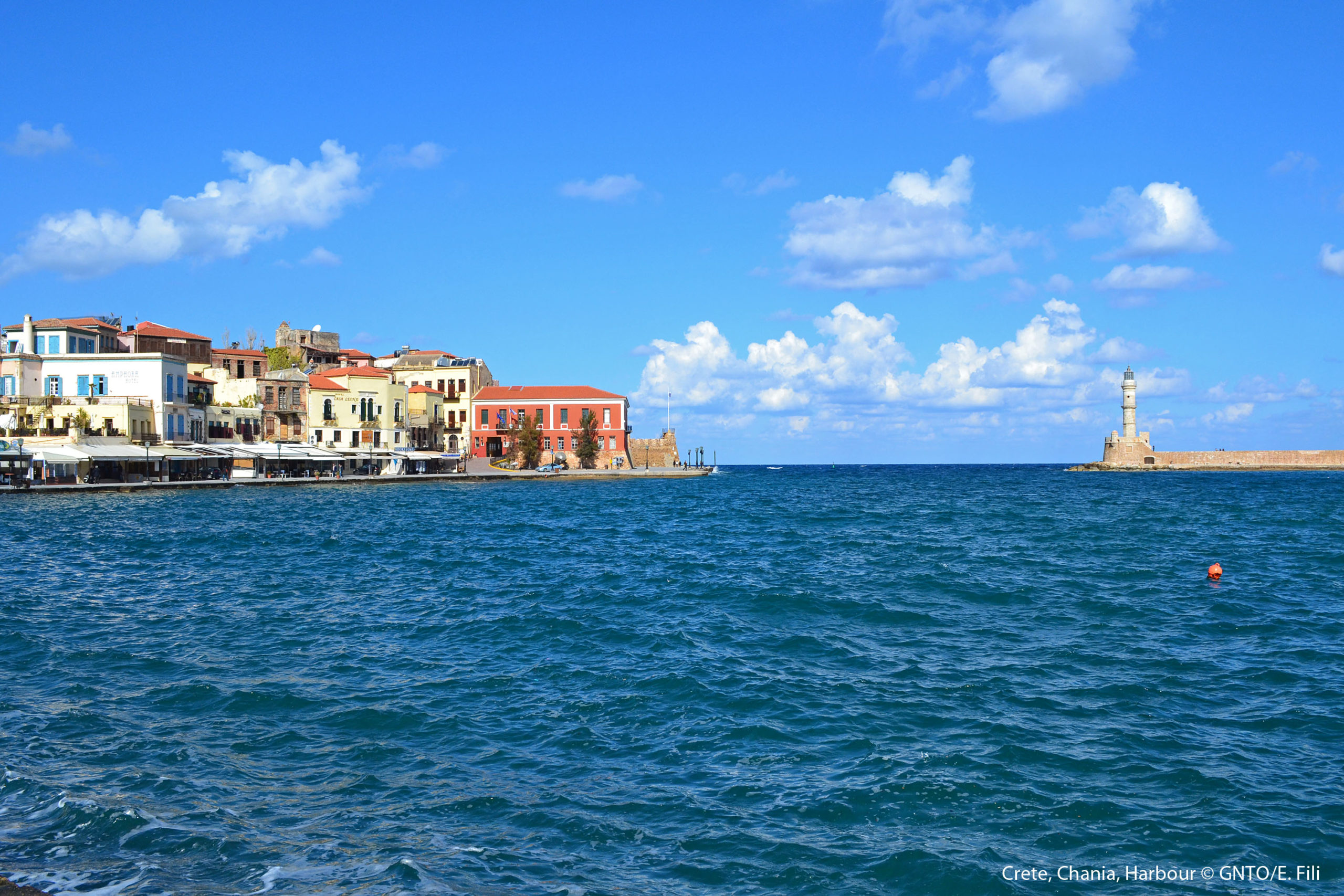The summer travel “wave” in Germany remains strong, with German consumers in an increased mood for travel, focusing on Mediterranean destinations, including Greece.
Demand remains at very high levels, with the FTI bankruptcy not seeming to affect it.
“Germans are in a great travel mood this year,” says a spokesman for the German Travel Association (DRV). After travel restrictions imposed during the pandemic, holidays are now back at the top of the Germans’ wish list ,despite the economic conditions.
Two thirds are planning a holiday
According to a representative survey conducted by the market research institute Innofact on behalf of Norisbank, 63.5% of Germans are planning a holiday trip this summer. This is the highest percentage in the last five years and up, compared to the pre-pandemic year 2019. Just consider that, 60% of the summer schedule of the world’s largest travel group TUI was fully booked in May.
Industry runner-up DER Touristik with its Dertour, ITS and Meiers Weltreisen brands also reported strong booking figures. “We see demand continuing to grow,” a spokeswoman said. She continues: “Travel will remain a priority in 2024.” Following the insolvency of competitor FTI in early June, both tour operators now want to increase their business again in order to create additional seats.
The Germans “vote” for the Mediterranean
After travel restrictions during the coronavirus pandemic, German holidaymakers are being driven abroad again, says tourism expert Torsten Kirstges from the Jade University of Applied Sciences in Wilhelmshaven.
According to him, the classic, Mediterranean destinations are on the rise again. Especially Spain, Italy, Greece and Turkey. Mallorca is a benchmark for German travellers, as are the Greek islands. This fact was confirmed in a recent report by TUI Group CEO Sebastian Ebel, warning, in fact, that there may be a shortage of places on the Germans’ favourite holiday island this summer, but also on the popular Greek islands.
FTI’s competitors in the battle for customers
“FTI’s bankruptcy will not stop the desire to travel. It will not have a significant direct impact on travel behaviour,” explains Mr Kirstges. After all, the market has long since been redistributed. But, he argues, there are several offers from other tour operators now trying to attract customers.
And thanks to the protection provided by the German Travel Insurance Fund, travellers opting for package holidays can expect a refund of the money they have already paid. Therefore, only an infinitesimal minority of FTI customers will give up the idea of a summer holiday altogether this year.
Focus on long-haul destinations
Bookings for long-haul holidays are on the rise again. Destinations in Asia, such as the Maldives, Sri Lanka, Thailand, Vietnam and Indonesia, are in “greater demand than ever before”, according to DER Touristik. The same is true for North America, Mauritius and the United Arab Emirates.
Customers are having to dig deeper into their pockets for their holidays. Savings can only be achieved by travelling one or two days less or spending some less money on the holiday. However, many customers are even spending more and booking better hotels or extras, according to travel agents.
Cruises are also on the rise, with many ships already fully booked, according to TUI.
Germany remains the number 1 holiday destination
Domestic holiday destinations are also benefiting from Germans’ desire to travel. “Germany is still the most important holiday destination for Germans,” argues Mr Kirstges. Around a quarter choose the country for a summer holiday, with the North Sea and Baltic Sea coasts in demand, as well as Bavaria and the mountains.”
However, hopes that domestic tourism could be sustained at the levels seen during Covid-19 have long since evaporated, having returned to normal levels.




